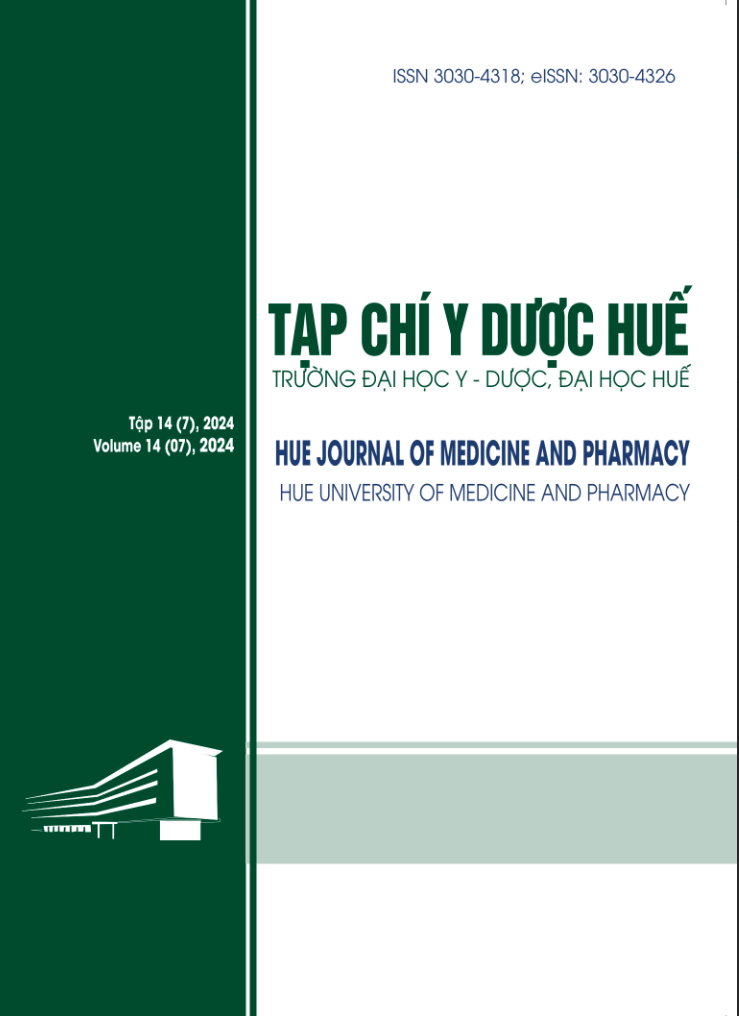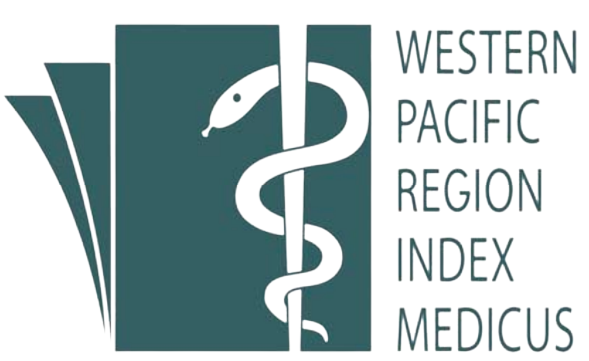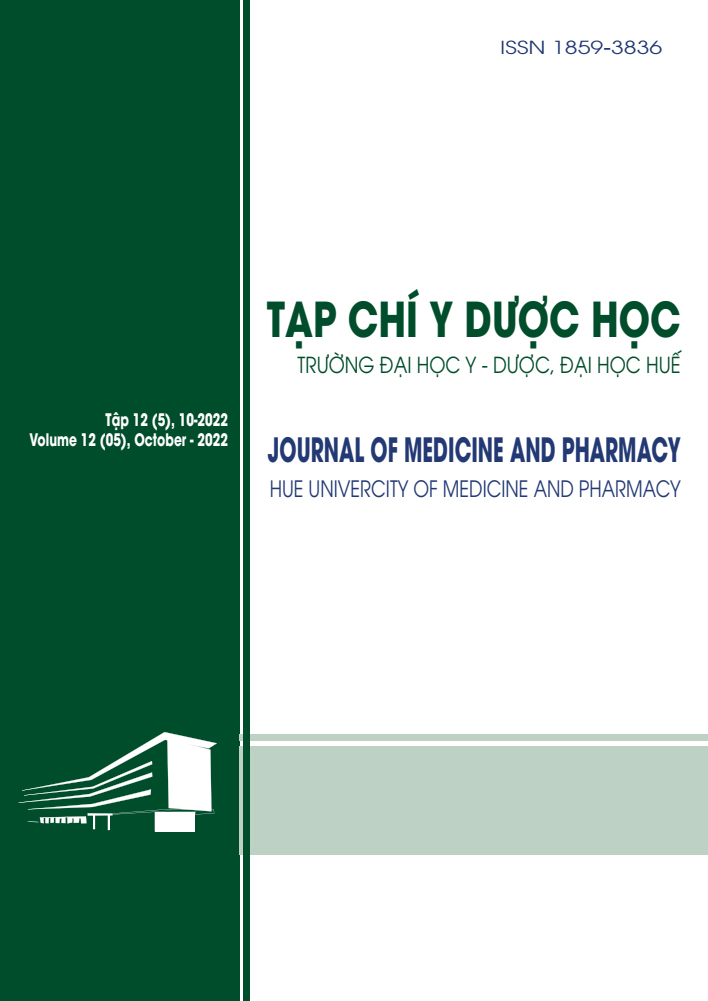Abstract
Introduction: According to WHO, although COVID-19 has been controlled, however post COVID-19 symptoms might be continued several years after that. Those conditions might cause significant impacts on patients’ mental health, especially depression.
Objectives: To determine the prevalence of depression and its associated factors among patients who had been clinically infected with COVID-19 at Quang Ngai city.
Method: A cross-sectional study was carried out among 600 post COVID-19 patients at Quang Ngai city. Depression was measured using Beck Depression Inventory II (BDI-II).
Results: More than 76% patients had at least one post COVID-19 symptomp. The prevalence of depression was 13%; 5.5% had moderate to severe depression. Depression was found to be significantly positively associated with post-COVID-19 symptoms such as long lasting fatigue, amesia, attention disorder, sleep disorder, long lasting musculoskeletal pain, stigma, obesity, having COVID-19 while being pregnant, and the number of post COVID-19 symptoms.
Conclusions: Aproximately 13% post-COVID-19 patients had depressive symptoms; 5.5% had moderate to severe depression. Promoting mental healthcare programs for post COVID-19 patients is essential.
| Published | 2024-12-25 | |
| Fulltext |
|
|
| Language |
|
|
| Issue | Vol. 14 No. 7 (2024) | |
| Section | Original Articles | |
| DOI | 10.34071/jmp.2024.7.7 | |
| Keywords | Depression COVID-19, BDI-II Trầm cảm, COVID-19, BDI-II |

This work is licensed under a Creative Commons Attribution-NonCommercial-NoDerivatives 4.0 International License.
Copyright (c) 2024 Journal of Medicine and Pharmacy







